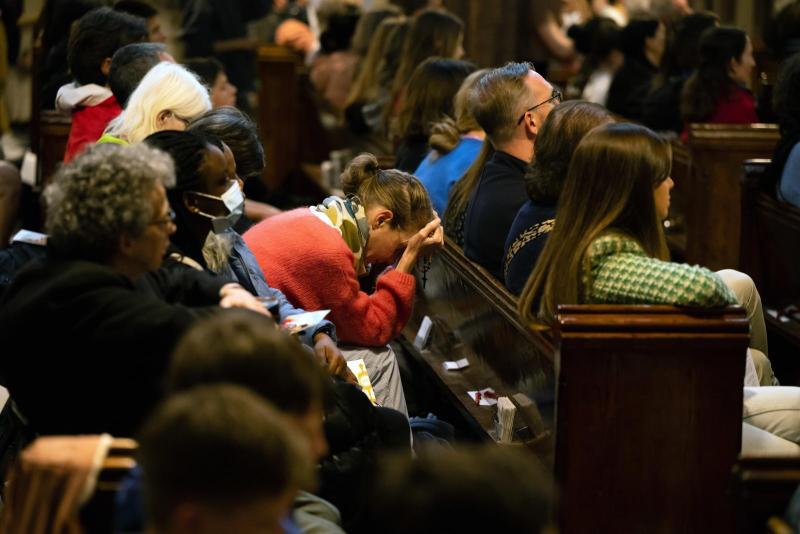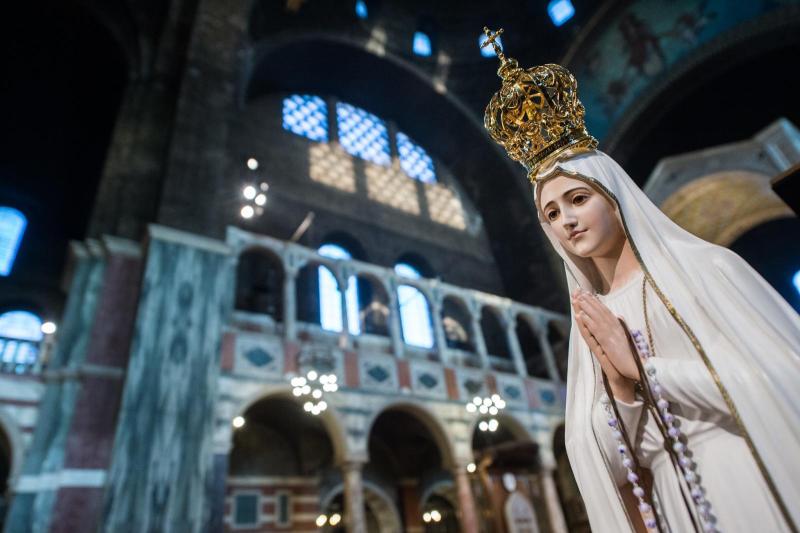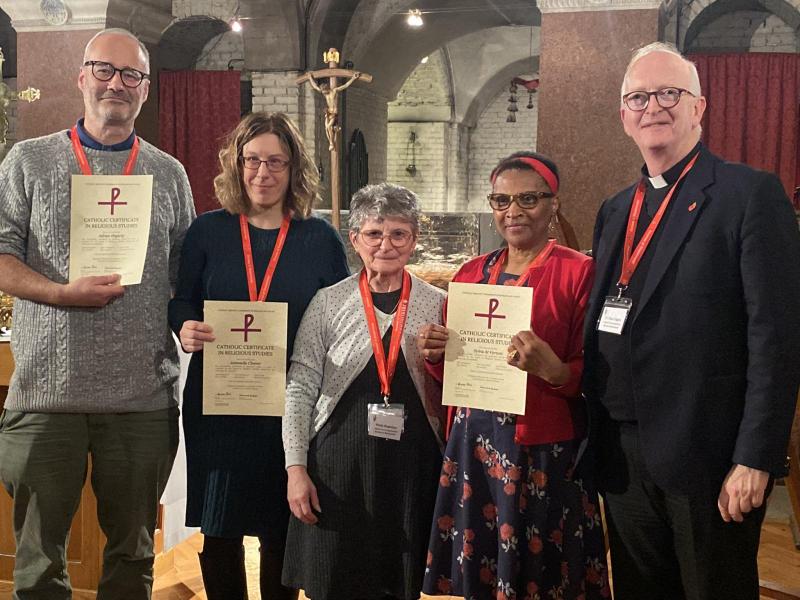AS WE KNOW and understand, the Year of Faith marks and celebrates the 50th anniversary of the start of the Second Vatican Council announced by Blessed Pope John XXIII (pictured). This Council, whose impact was so profound, looked at all areas of Church life from liturgy to interfaith relations; from Scripture to the nature of the Church itself. The four conciliar constitutions: Dei Verbum, Gaudium et Spes, Lumen Gentium and Sacrosanctum Concilium have each had, and continue to have, a deep and lasting effect on our life as individual Christians and as a Church.
While much of the ‘apologetic’ for small faith-sharing communities is derived from Scripture, in particular the Acts of the Apostles, the Council’s emphases highlight the value that these groups possess. While the biblical references to small faith-sharing communities can be seen simply as the obvious and most appropriate structure for the Church in its earliest years, Venerable Pope Paul VI expressly set forth their integral place within the evangelising mission of the church (Evangelii Nuntiandi, 58). Paul VI’s affirmation of the mission of small faith-sharing communities, together with what we see and reflect on in Holy Scripture and the four constitutional documents from the Second Vatican Council, helps us to look afresh at their integral and logical place within the Church of today. Here follows a brief look at these documents with particular reference to the method and practice in the Diocese of Westminster today.
In St. Luke’s account of the Early Church we hear that three thousand were baptised following Pentecost (Acts 2:41). Guided by the Holy Spirit, the newly baptised ‘devoted themselves to the apostles’ teaching and fellowship, to the breaking of bread and the prayers’ (Acts 2:42).
devoted themselves to the apostles’ teaching
Just as the early Christians came to know Christ through the Good News via word of mouth within the community and then through written texts, the twentieth-century Council Fathers opened the study of Holy Scripture to all: ‘In the sacred books the Father comes lovingly to meet his children and talks with them’ (Dei Verbum, 21).
Small faith communities draw their nourishment from the Word of God. Each session is rooted in a passage of Holy Scripture and those gathered are invited to read, reflect and re-read the passage at the outset of each sharing session. Moreover, the accompanying reflections are based on study of the Catechism, recent encyclicals and other magisterial documents in an attempt to provide an ‘authentic interpretation’ and to pass on only what has been handed down from the apostles (DV, 10).
and fellowship
Though our baptism, we become part of the body of Christ, both his mystical Body and his earthly body, the Church (Lumen Gentium, 10). Large congregations make it quite easy to slide anonymously into the pew each week yet ‘Christ did not come to save individuals without any bond between them’ (LG, 9).
Small faith community members often see the friendships made within their groups to be a great blessing. The bonds of trust and communio frequently translates into feelings of belonging to the wider parish community and indeed, to the universal church.
the breaking of the bread
In the celebration of the Eucharist, those present are transformed. At the conclusion of Holy Mass, they are charged to ‘go in peace, glorifying the Lord by [their] lives’ to transform the world in which we all live – ‘to love in all the circumstances of ordinary life’ (Gaudium et Spes, 38).
Small faith-sharing community members learn from others how to live their faith in face of the challenges of living in a largely secular world today. Confidence gained from faith sharing, listening and learning within the group enables many to speak about their faith in their homes, workplaces and communities.
and the prayers
While sacramentals such as candles, crucifixes and sacred art help to nourish, strengthen and express our faith, the very act of prayer enables us to praise God (Sacrosanctum Concilium, 59). Besides time of quiet reflection, each session begins and ends with common prayer, oftentimes derived from the psalms, Christ’s own prayer book.
Likewise the prayer and life of the small faith-sharing group nourishes its members in between Eucharistic celebrations helping sustain us as ‘dwelling places for God in the Spirit’ and prepare our minds and hearts for worthy and ‘active participation’ (SC, 2 and 14).
These four elements of life in the early church continue to be the pillars of our faith today (Catechism of the Catholic Church), a faith that is professed, celebrated, lived and prayed. Within small faith-sharing communities the members are evangelised, catechised and in turn become witnesses to their faith in the world. The Council Fathers provided a blue print for the universal Church drawing on centuries of tradition. Should these small groups of believers, so important in the early Church, not be an integral part of parish life and mission today?
This article first appeared in The Follower in the Year of Faith, third edition.




